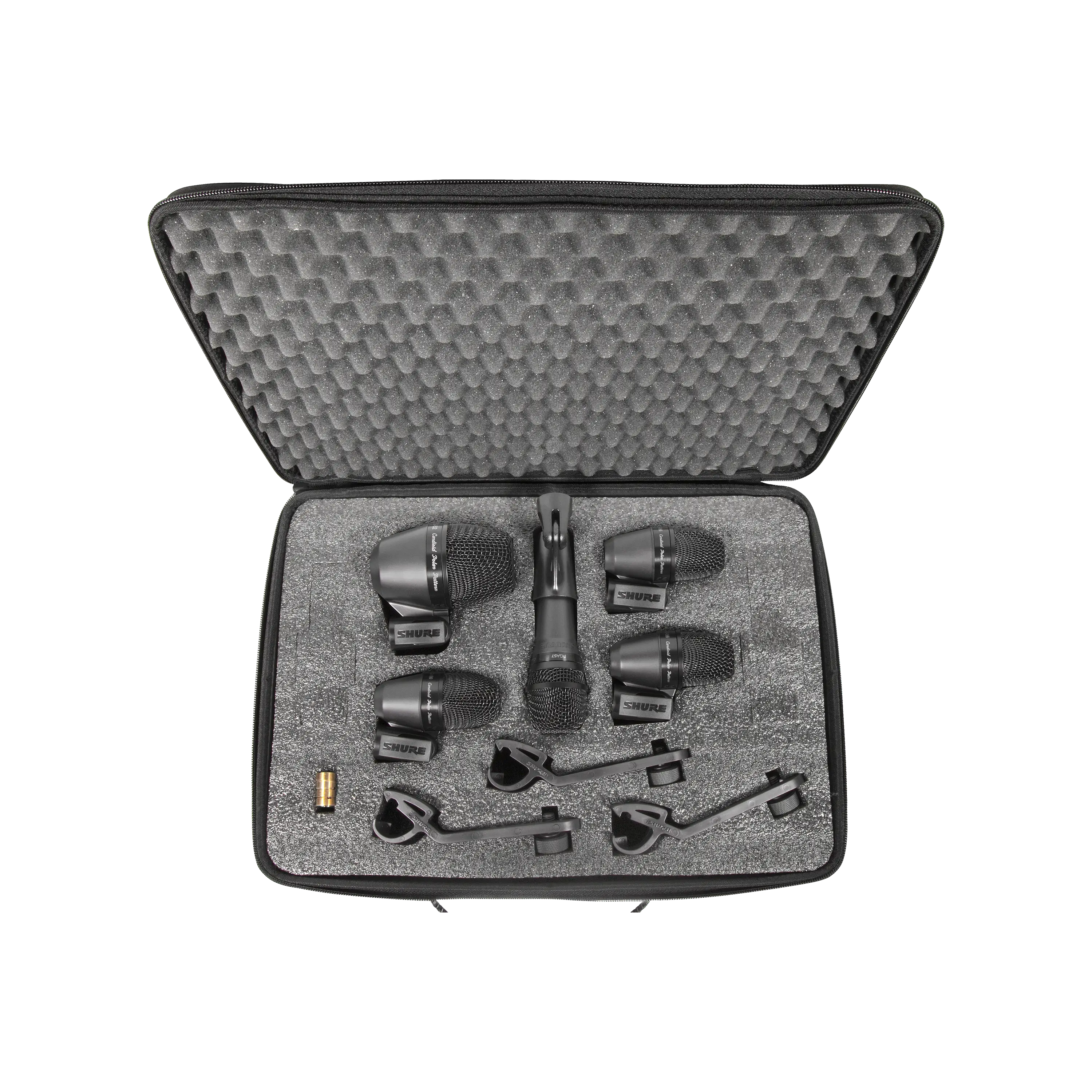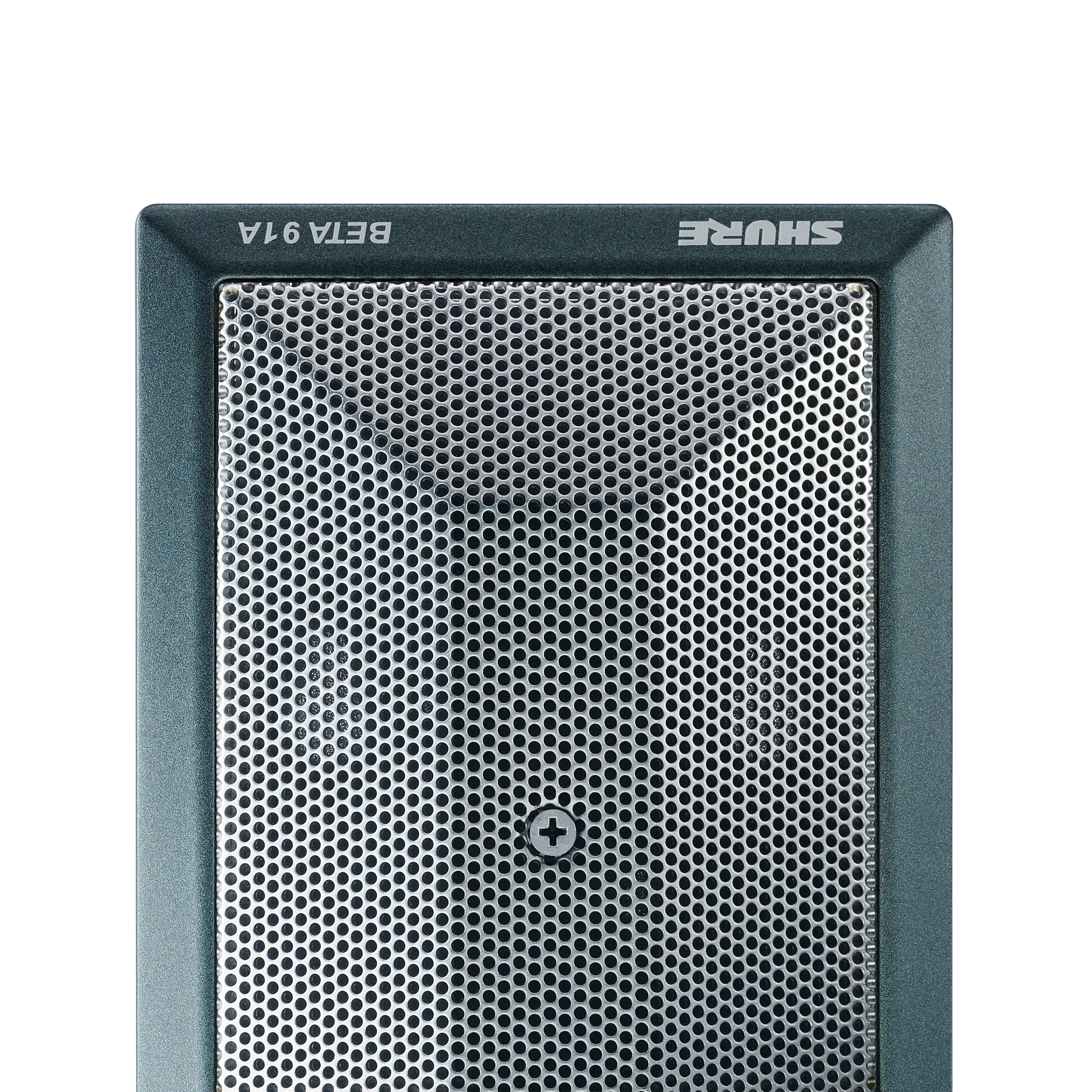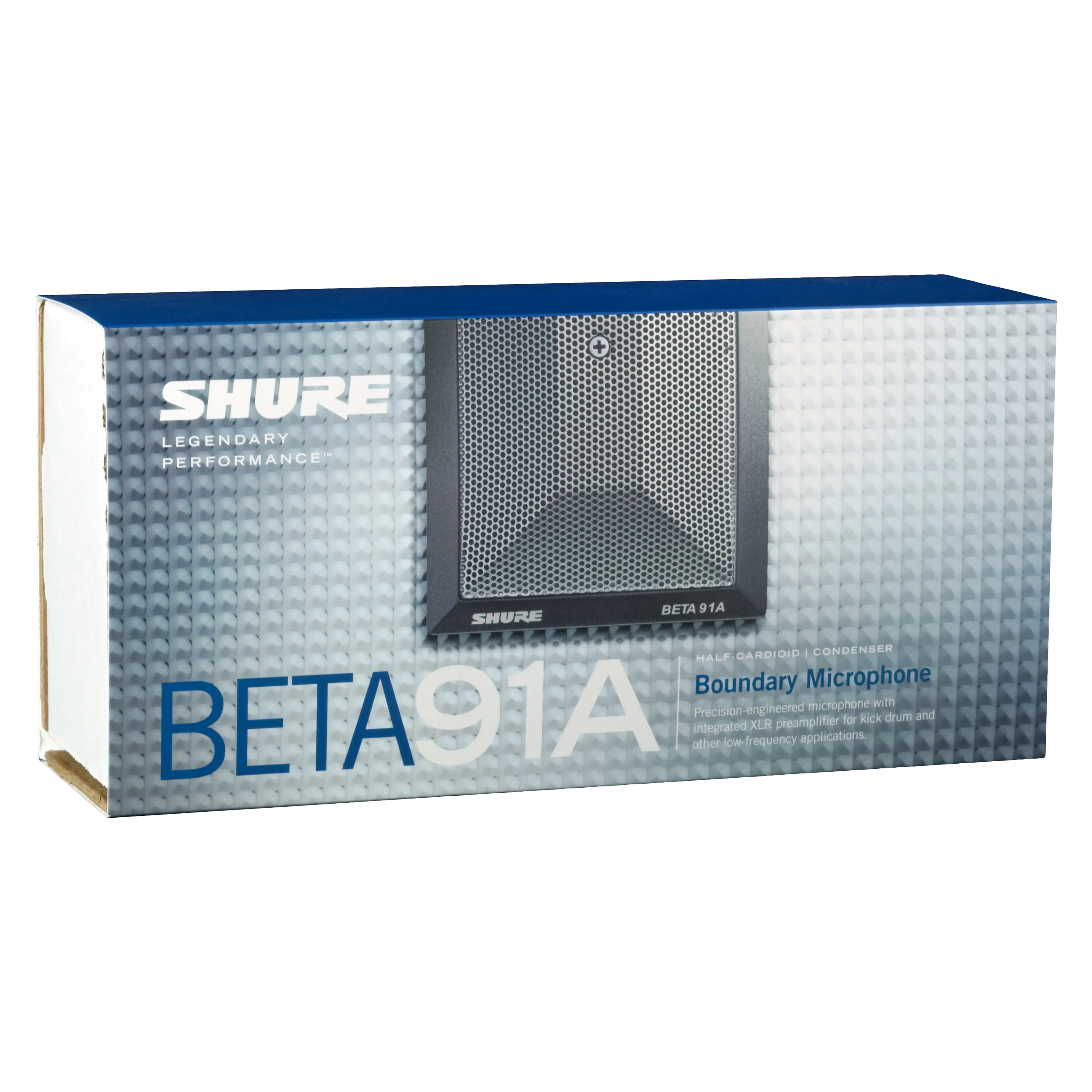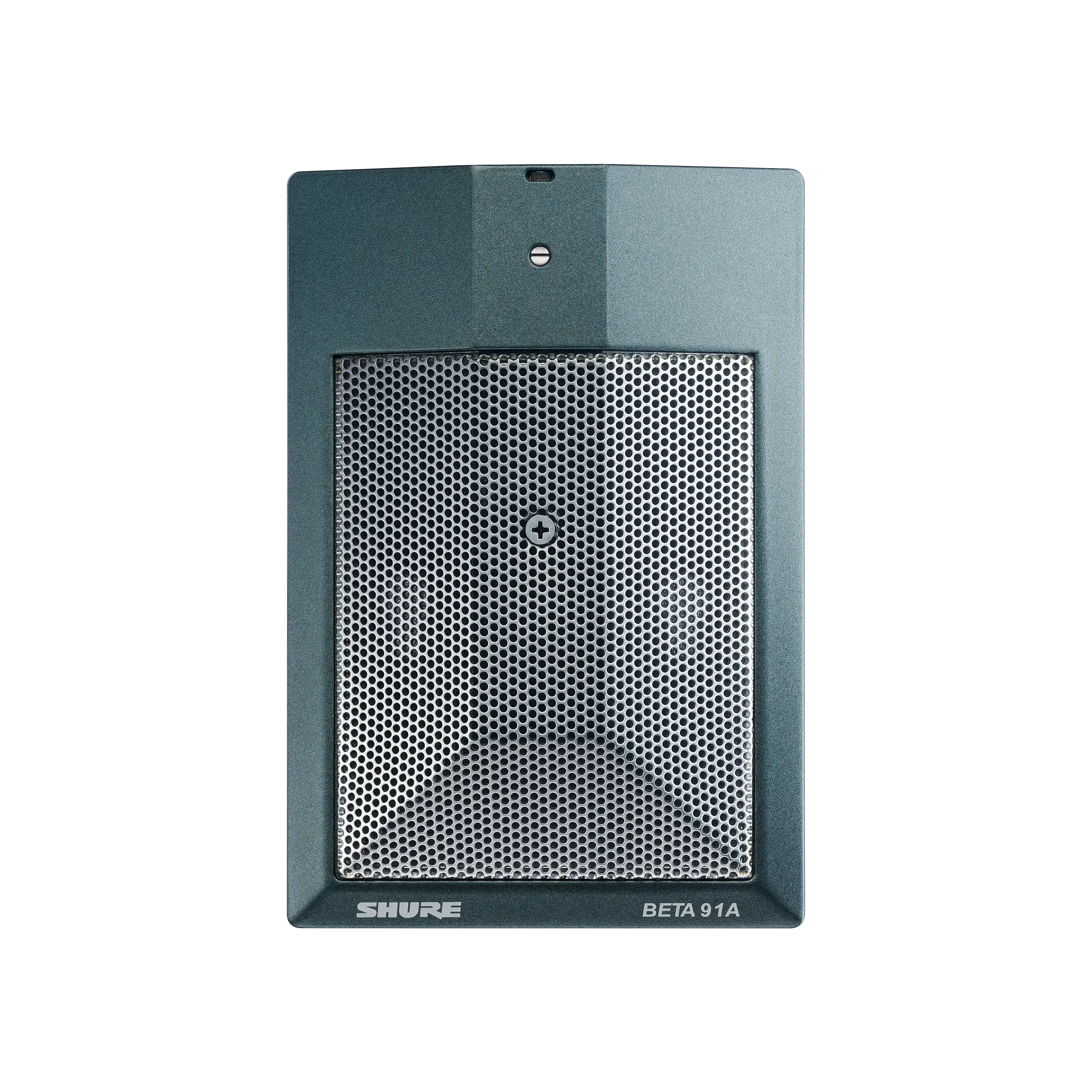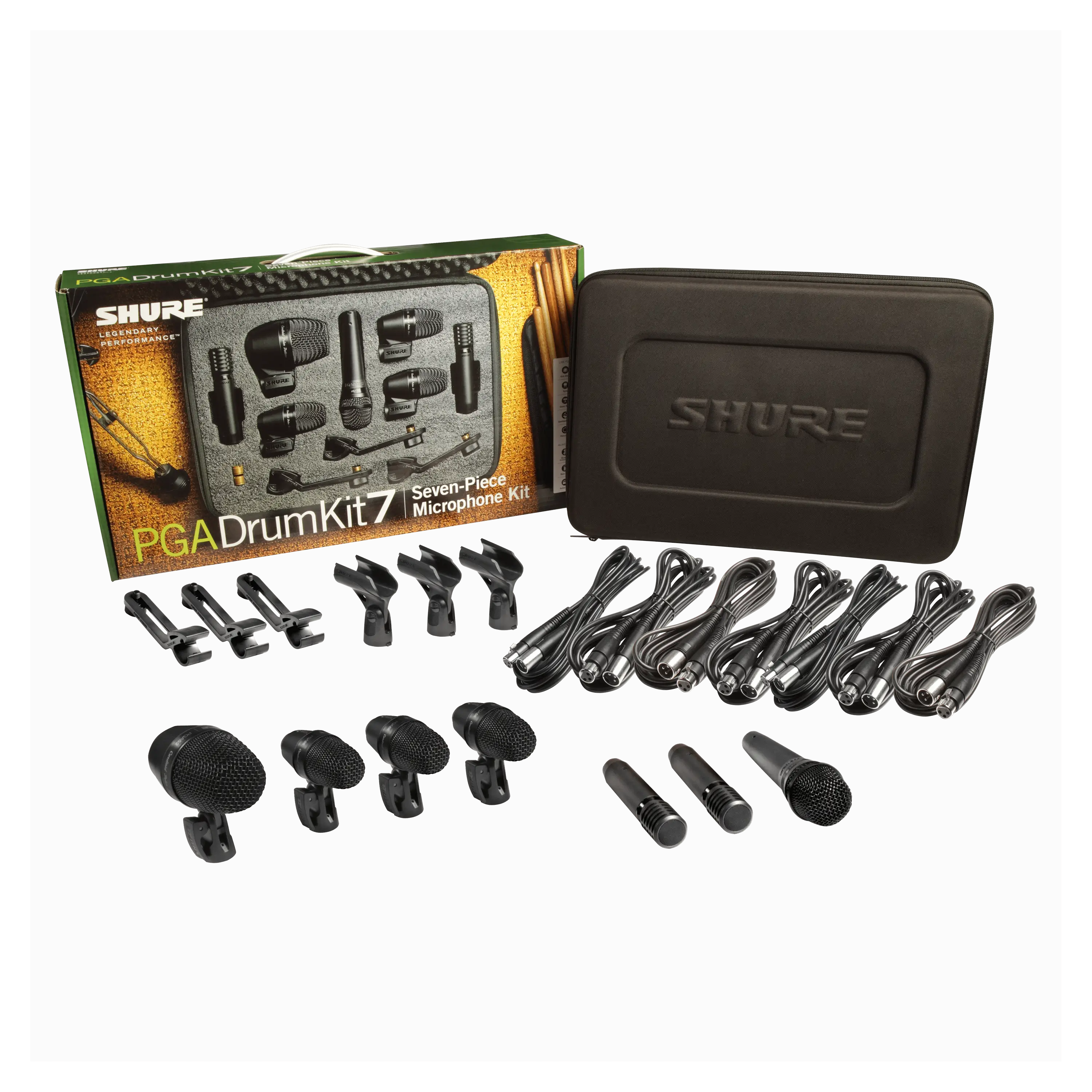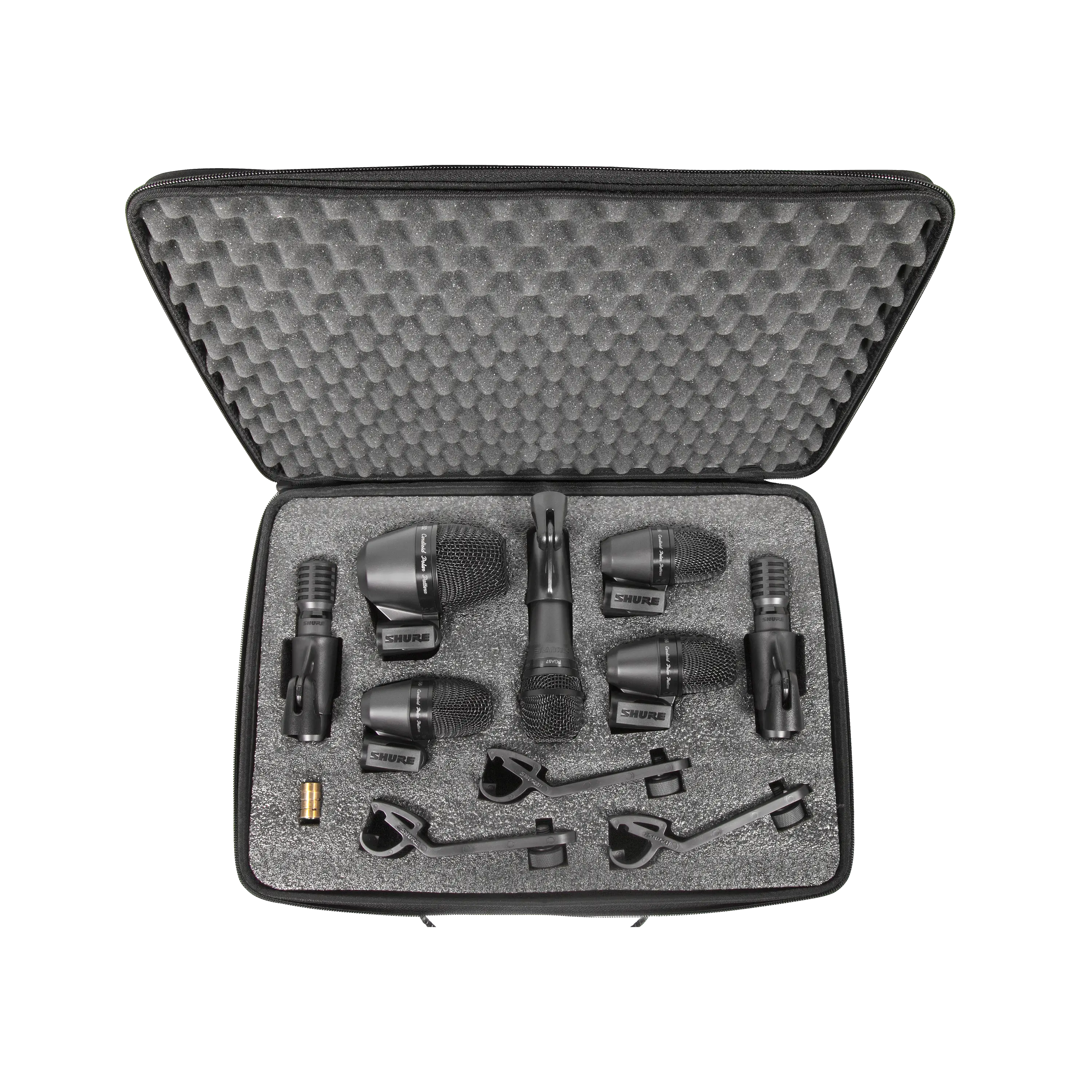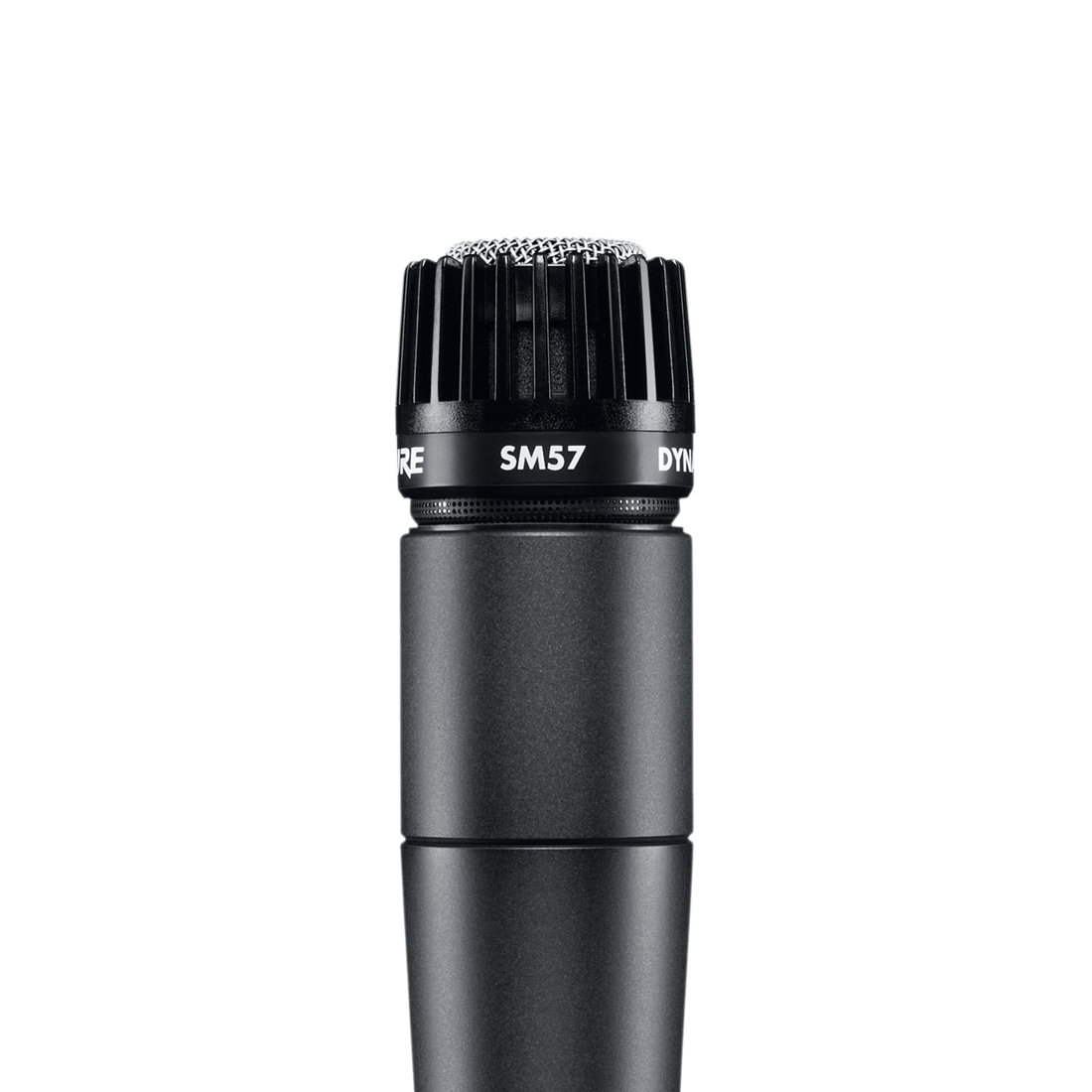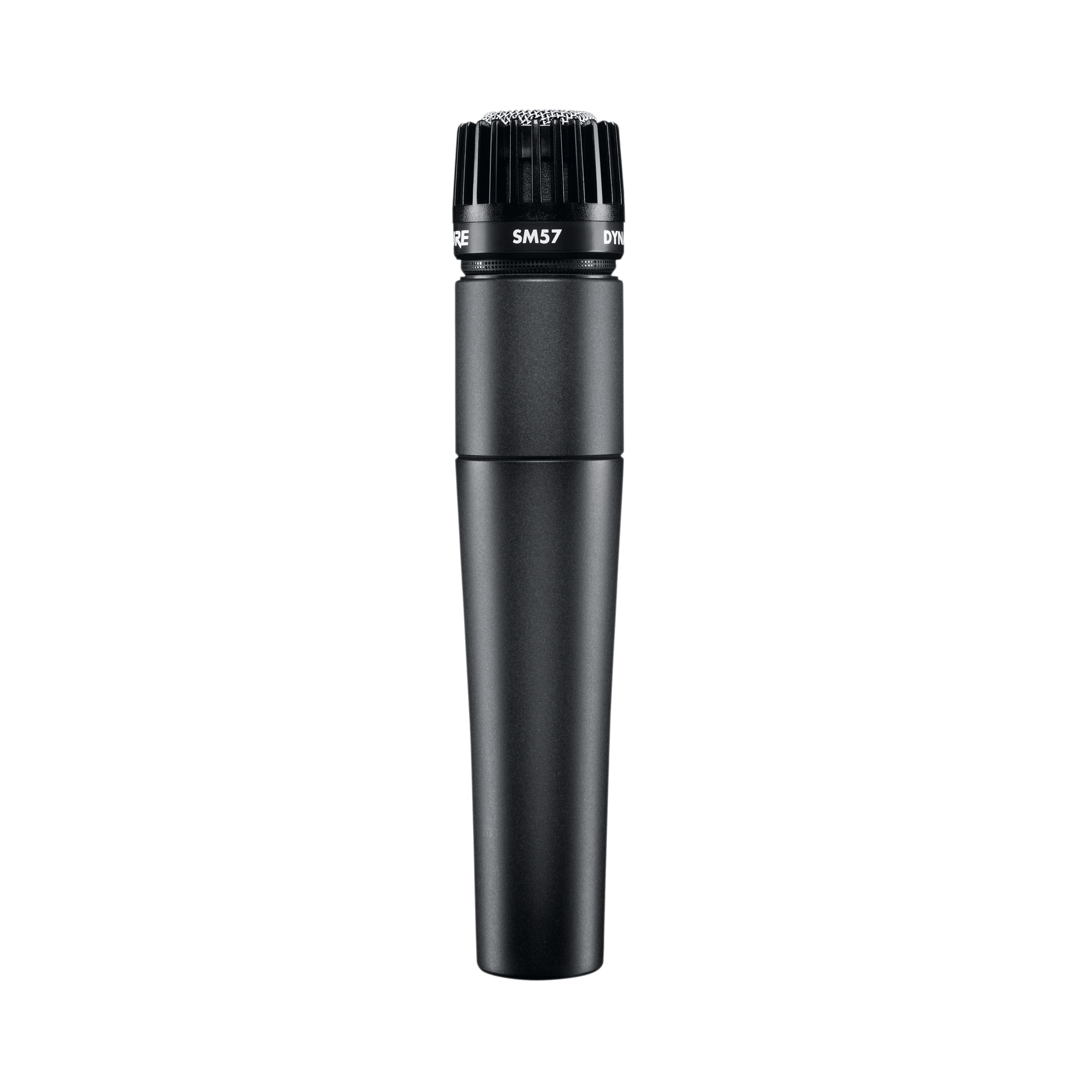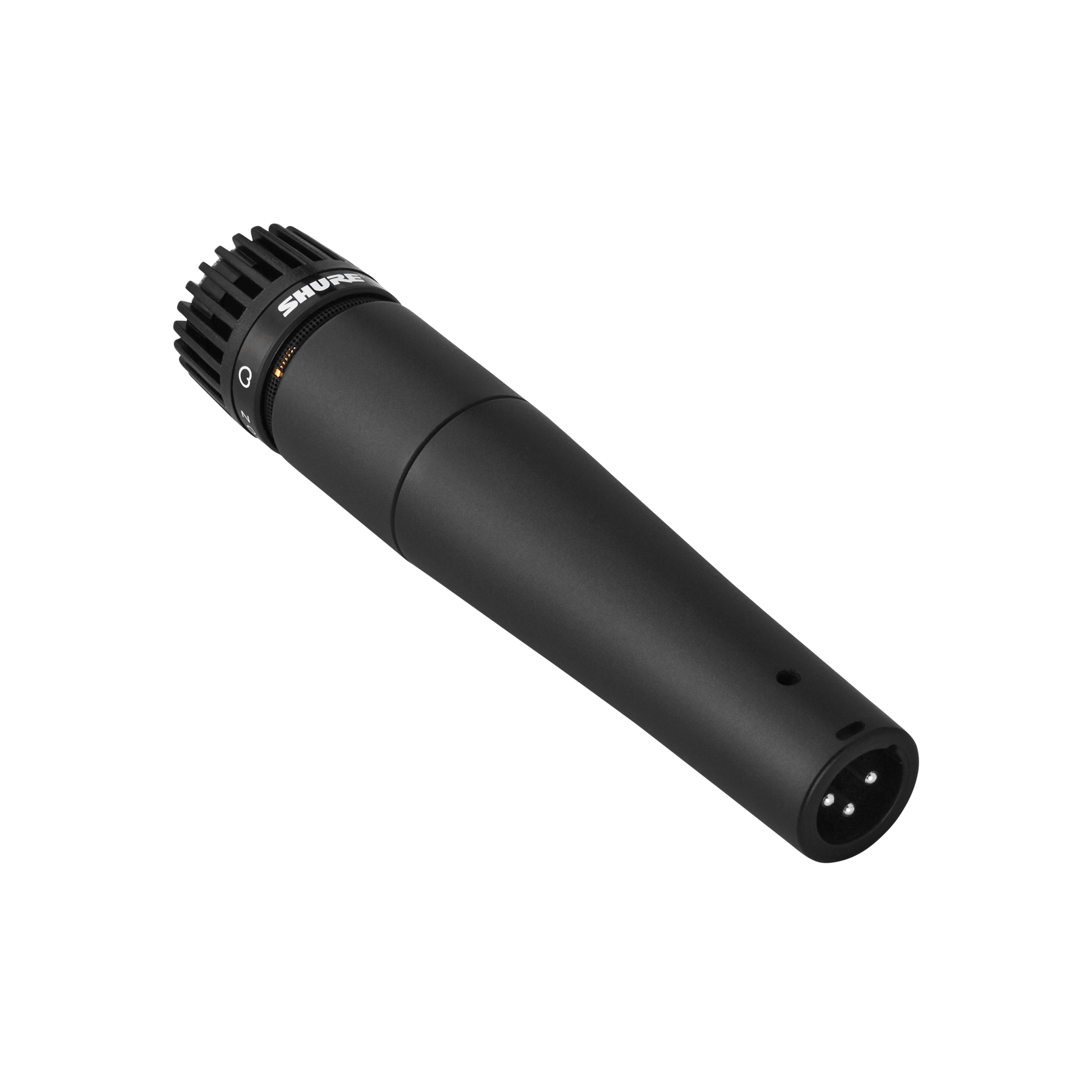Custom Crafted, Tech Tested: Drums by Jeremy Berman

Craftsmanship tempered with experience as a touring drum tech – JEREMY BERMAN builds some of the finest custom kits available anywhere. LOUDER meets the man behind Q DRUM CO.
Q Drum Co. is known for its craftmanship and amazing attention to detail. What made you decide to make your own drums?
I started making drums in 1998 working for a company called Orange County Drum and Percussion, or OCDP. They were the trend-setters in the early custom drum market, offering any type of finish, size possible. It was an amazing learning experience for me, as I got to dig in fast and learn what worked and what didn’t cosmetically, functionally and sound-wise. I took a lot of that with me when I started Q. Once OCDP was leaning more towards mass production overseas, their custom shop went away leaving me to focus on touring. In 2010, I started working for Katy Perry’s drummer Adam Marcello. He was endorsed by another drum company and they had sent him a drum set that needed to be reworked. After I had done what was needed, Adam said the band needed a duplicate set of gear for the tour. Instead of having a set built by his former endorsers and redoing it, I thought it would be more efficient for me to just build him a set from the start. I built his backup drum set with no intention of having it labeled as anything. Within a few short rehearsals it became the main set and he asked me to start my own company, of which he would be my first endorser. So basically I blame him for everything that has to do with Q!
How has being a touring and studio tech informed your drum making?
In more ways than I could ever imagine. It took the craftsmanship out of the equation and broke it down to a few simple concepts that I hold dear to my heart: First, the drums need to sound amazing, which is a given, but a lot of companies lose sight of this. Second, they need to be road worthy. Touring day in and day out, whether it’s using proper road cases packed in a semi-truck or in soft bags shoved into the back of a 15-passenger van or sprinter, the drums have to hold up to the abuse of every-day travel and gigging. Having to replace parts or having things break during a show just cannot happen. Third, they need to be versatile. There is nothing worse than paying $4,000 for a set of drums that only sound good on some things. They need to sound great on everything. I have focused on building drums that are chameleons. Use them on jazz sessions then take them to your rock gig at night. All you need to do is change the heads or just change the tuning. All of those things I learned from touring and working with amazing FOH and monitor engineers, studio engineers and producers. They all want something different and my job is to make them all happy, while also making sure the drummer is happy.
Do different materials require different approaches when it comes to miking and mixing?
Yeah, I think they do, but I feel the key is to have consistency. Metal and wood are two completely different materials, yet if you are consistent with your tuning methods, you have drums that are well made and easy to tune, the tried and true methods of miking and mixing should give you a great result regardless of the material. It’s when you have poorly made drums that it becomes tricky and heavy dampening or odd miking and mixing is needed to make a horrible sound become average.

What is your favorite material for drums and why?
My personal favorite would have to be copper. It’s absolutely beautiful for one, but the sound characteristics are second to none. They are dark sounding for a metal, which gives it an almost wood characteristic, but they are much louder and focused. This is great for dynamics because even the slightest hit or ghost note is well articulated. Did I also mention they look amazing?
Do you have any advice such as tuning tips for drummers out there?
Absolutely. Tuning is an art in itself. The way you get better at it is by practice. Use your ear. Don’t rely on gimmicks to tune and spend all your time trying to get the perfect note. Once you start hitting that drum, your head will stretch, and that perfect note is no longer perfect. Spend more time figuring out the balance between the bot-tom head and the top head. I always tune drums a little higher than normal. Think John Bonham. His drums sit so well in a mix because he tuned his drums up. He doesn’t need to compete with the bass guitar. He is perfectly nestled into his own frequency and that is where drums should be.
Q Drum Co. has earned an impressive reputation over the years. How much time do you still have to spend in the workshop making drums yourself?
Sadly, not as much as I’d like, but Max Cuzor, our shop manager, keeps everything running smoothly. We have worked together for over 15 years. We build almost identically, and I couldn’t ask for a better craftsman to hold down the fort.
This interview originally appeared in the print edition of LOUDER Drums.
Interview: Marc Young
Images: Michelle Shiers



